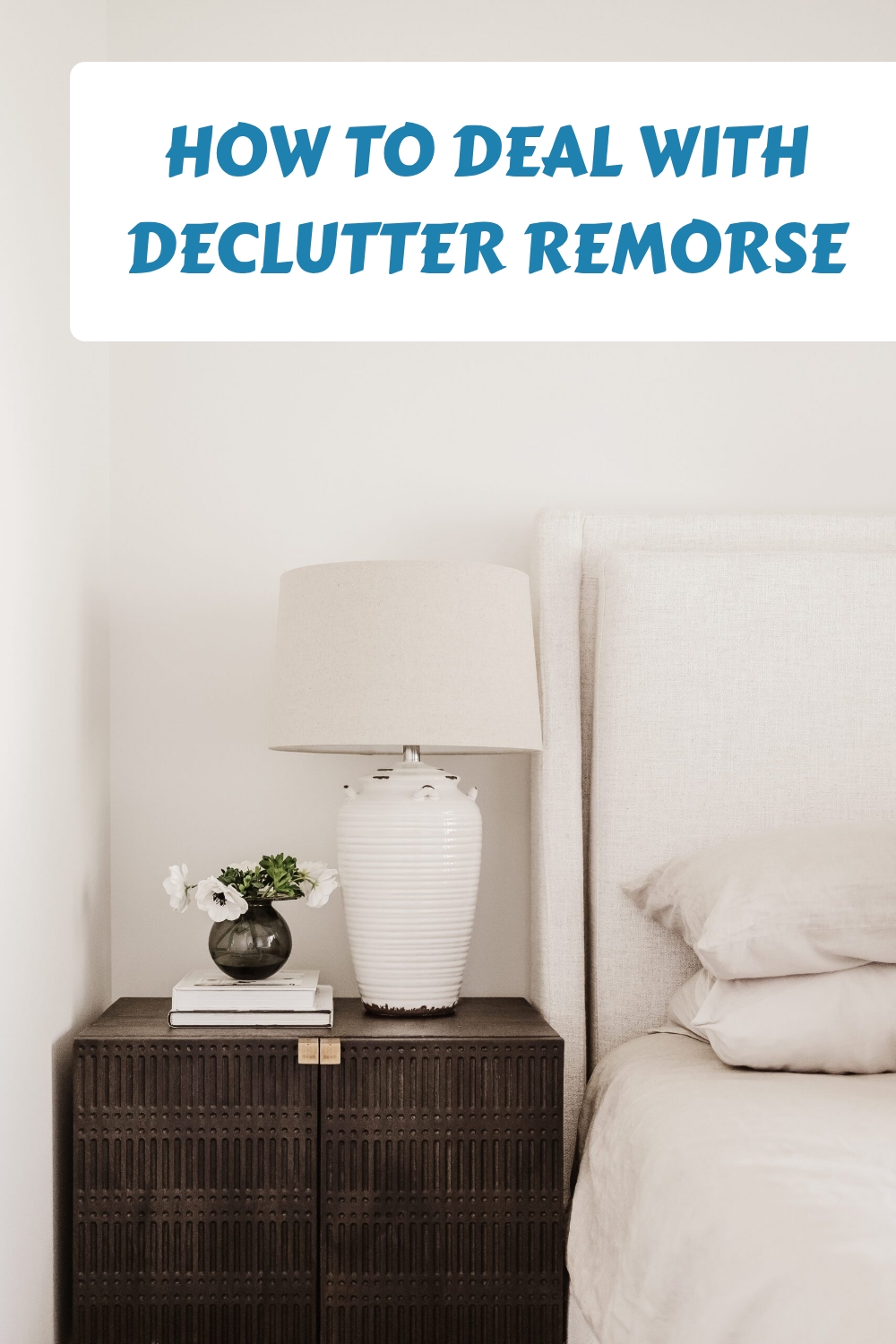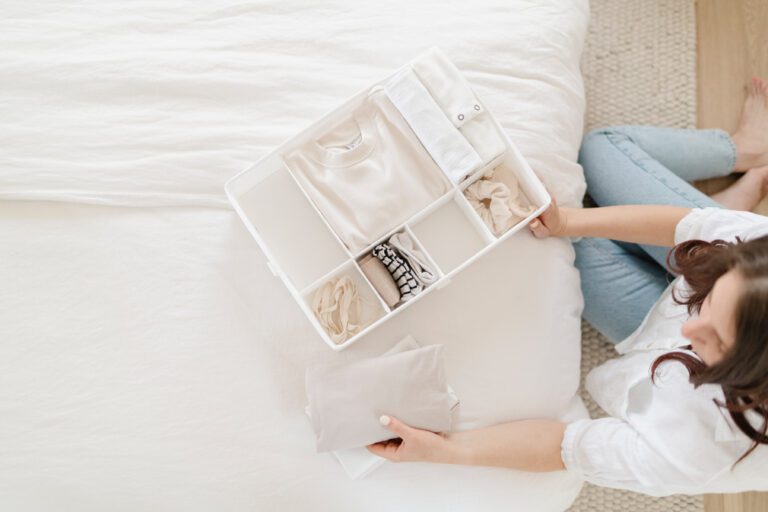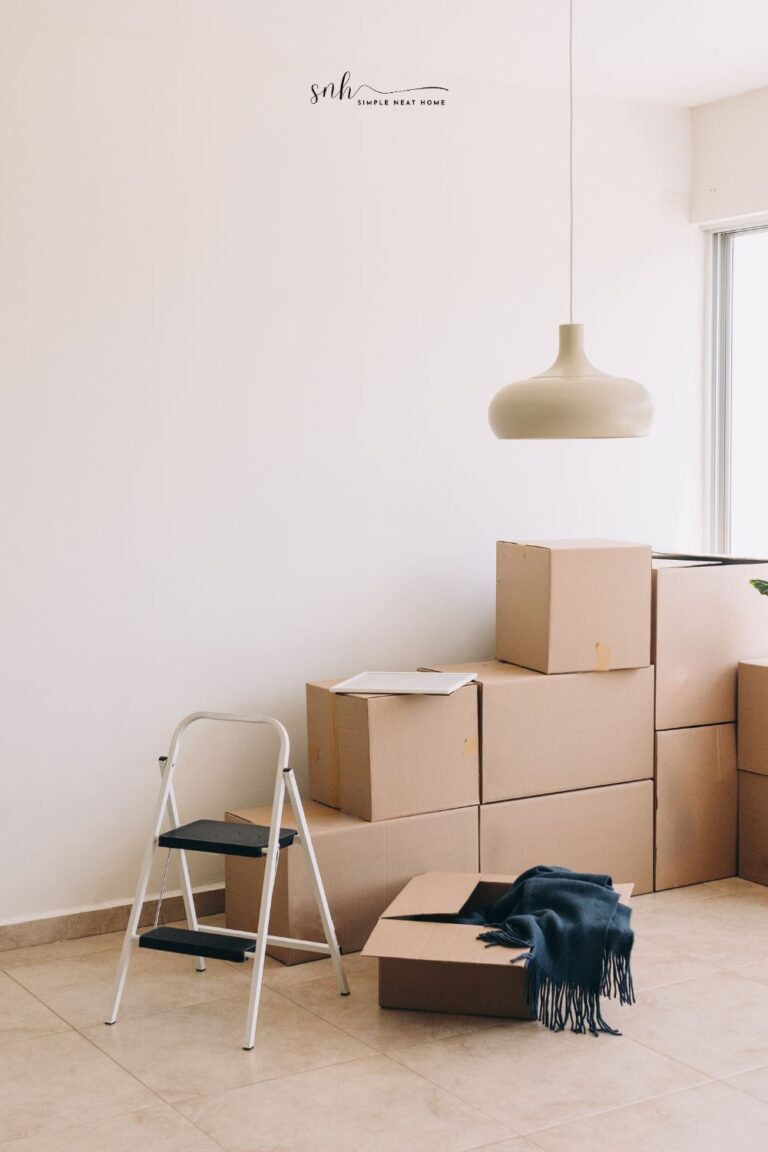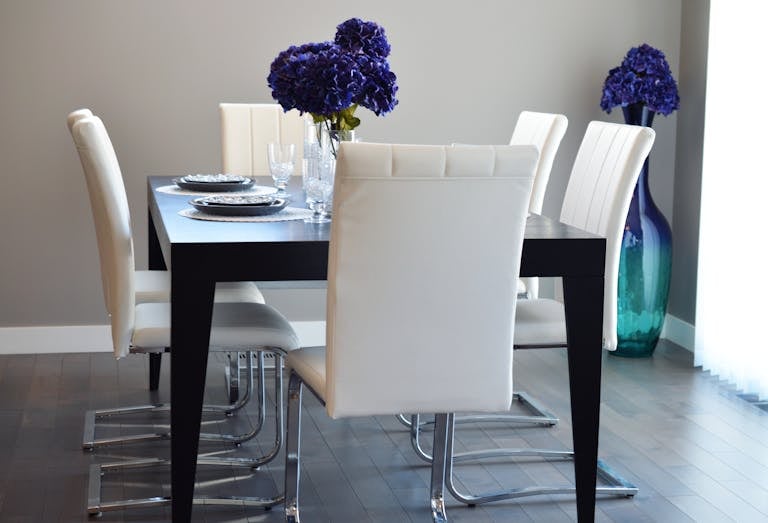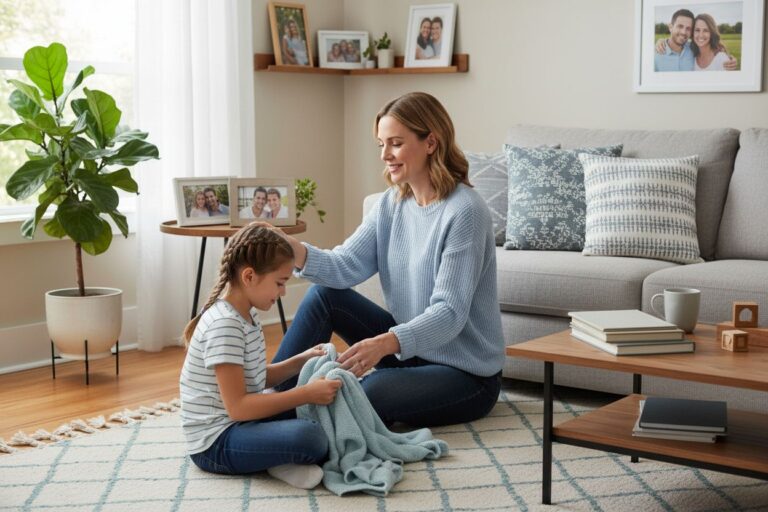How to Deal With Declutter Remorse
Decluttering is often hailed as a transformative process, promising a life of simplicity, order, and greater well-being. While decluttering can indeed lead to a more organised and peaceful living space, it doesn’t always end that way – enter declutter remorse. This feeling emerges when you’ve purged an item, only to realise later that you wish you hadn’t. It can be a bittersweet sensation, a reminder that sometimes, less isn’t always more. This blog post will explore the complex world of declutter remorse, its causes, and how to navigate it.
The Double-Edged Sword of Decluttering
Decluttering offers numerous benefits, from reduced stress to a more streamlined environment. It encourages us to let go of items that no longer serve us, making space for things that truly matter. However, this process isn’t without its challenges. The declutter remorse phenomenon is a testament to the sentimental value, perceived utility, or emotional attachments we develop to our possessions.
The Causes of Declutter Remorse
- Sentimental Attachment: Many items in our lives hold deep sentimental value, such as a childhood toy, a love letter, or a memento from a special event. When we part with these items during a decluttering spree, it’s not uncommon to later feel a sense of loss and nostalgia.
- Perceived Utility: Sometimes, we part with items we consider redundant or underused, only to find ourselves needing them shortly afterward. This might include tools, kitchen gadgets, or spare parts that we regret not having when a situation arises.
- Future Aspirations: You might declutter an item, thinking it no longer aligns with your current lifestyle, only to discover that your goals or circumstances change, and that item could have been beneficial.
- External Influence: The pressure to declutter, whether from popular minimalist movements or well-meaning advice, can lead us to part with items hastily. The remorse often surfaces when we feel coerced into a decision.
- Regrettable Motivation: Sometimes, we declutter due to external factors, like a sudden move, downsizing, or simply following decluttering trends, rather than our genuine desire to simplify our lives.
Coping with Declutter Remorse
Declutter remorse is a common experience after decluttering, and it’s important to acknowledge it as a natural part of the decluttering process. Here are some strategies to help you navigate these feelings:
1. Reflect and Learn
Decluttering is a process of self-discovery. When declutter remorse hits, take some time to reflect on why you feel this way. What prompted the decision to let go of the item in the first place? Understanding the underlying motivations can help you make more informed choices in the future.
2. Define Your Values
Before you embark on a decluttering journey, clarify your values and priorities. Knowing what truly matters to you can help you make more confident decisions during the decluttering process. If an item aligns with your values, it’s less likely to become a source of remorse.
3. The 30-Day Rule
If you’re unsure about parting with something, implement the 30-day rule. Place the item in a box, mark the date, and store it out of sight. If you don’t find yourself needing or thinking about it within 30 days, it may be safe to let go. On the other hand, if you find yourself reaching for it, you can retrieve it without remorse.
4. Digital Documentation
For sentimental items, consider taking photographs or creating digital archives. This allows you to preserve the memories associated with the items while still decluttering your physical space. The nostalgia is preserved, but the clutter is not.
5. Revisit Your Choices
Decluttering is not a one-and-done process; it’s an ongoing journey. Periodically review your decisions, and if you experience declutter remorse, allow yourself to bring certain items back into your life. This revisiting process can help you refine your decluttering skills over time.
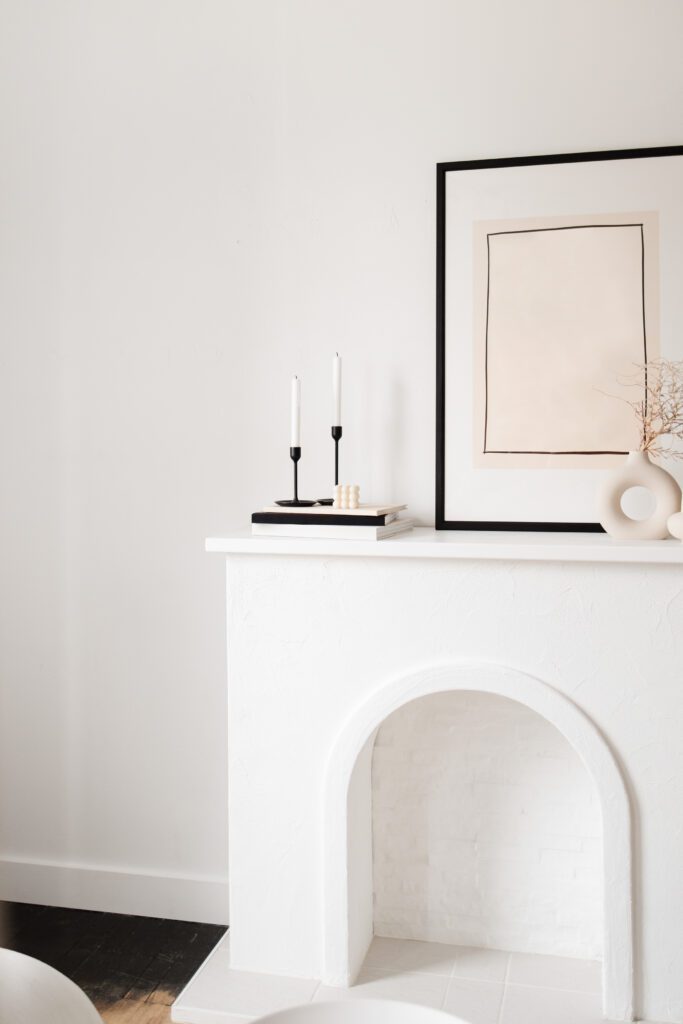
6. Mindful Decluttering
Practice mindfulness during the decluttering process. When you encounter an item that triggers a sense of loss or regret, pause and consider its value. Does it contribute positively to your life? Is it in line with your values and current circumstances? Being mindful can help you make decisions that resonate with your true self.
7. Avoid Peer Pressure
Don’t let external influences dictate your decluttering decisions. Minimalism and decluttering trends may work for some, but they don’t have to define your journey and you don’t have to take the process as far as other people may want to. Make choices that feel right for you and your unique circumstances.
8. Embrace the Principle of Moderation
While decluttering is valuable, it’s important to find a balance that works for you. Embrace the principle of moderation, which means only keeping what you genuinely need and value. This allows for a more flexible approach to decluttering and reduces the likelihood of declutter remorse.
9. Letting Go Isn’t Always Permanent
Remember that letting go of an item doesn’t always equate to a permanent farewell. Sometimes, you can borrow or use a similar item from someone you know or consider repurchasing it if the need arises.
10. Gradual Decluttering
One way to lessen the chances of declutter remorse is to tackle the process gradually. By taking your time with the decluttering process and not having time pressure, you can take your time over the decisions you make and decrease the risk of declutter remorse. This post Gradual Decluttering: Transform Your Home, One Step at a Time may help.
Declutter remorse is a common, yet often unspoken, aspect of the decluttering journey. It reminds us that the process is not black and white; it’s a nuanced exploration of our relationship with possessions. The key is to embrace this complexity, learn from it, and use it to refine your decluttering skills. By understanding your values, practicing mindfulness, and allowing for revisits, you can achieve a balanced and decluttered living space that resonates with who you are and what you truly cherish.
In the end, decluttering should enhance your life, not leave you pining for the items you’ve let go.

